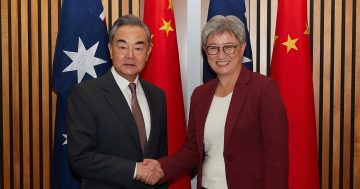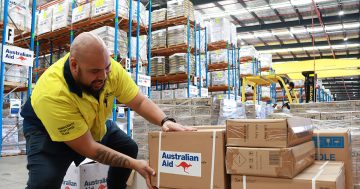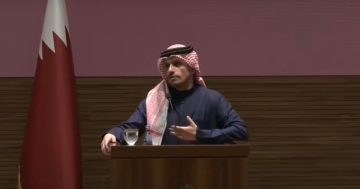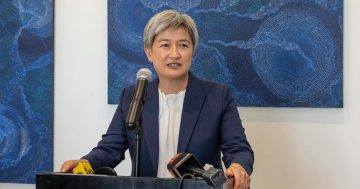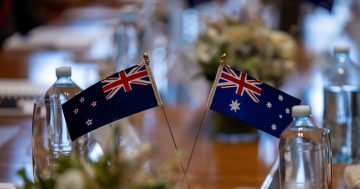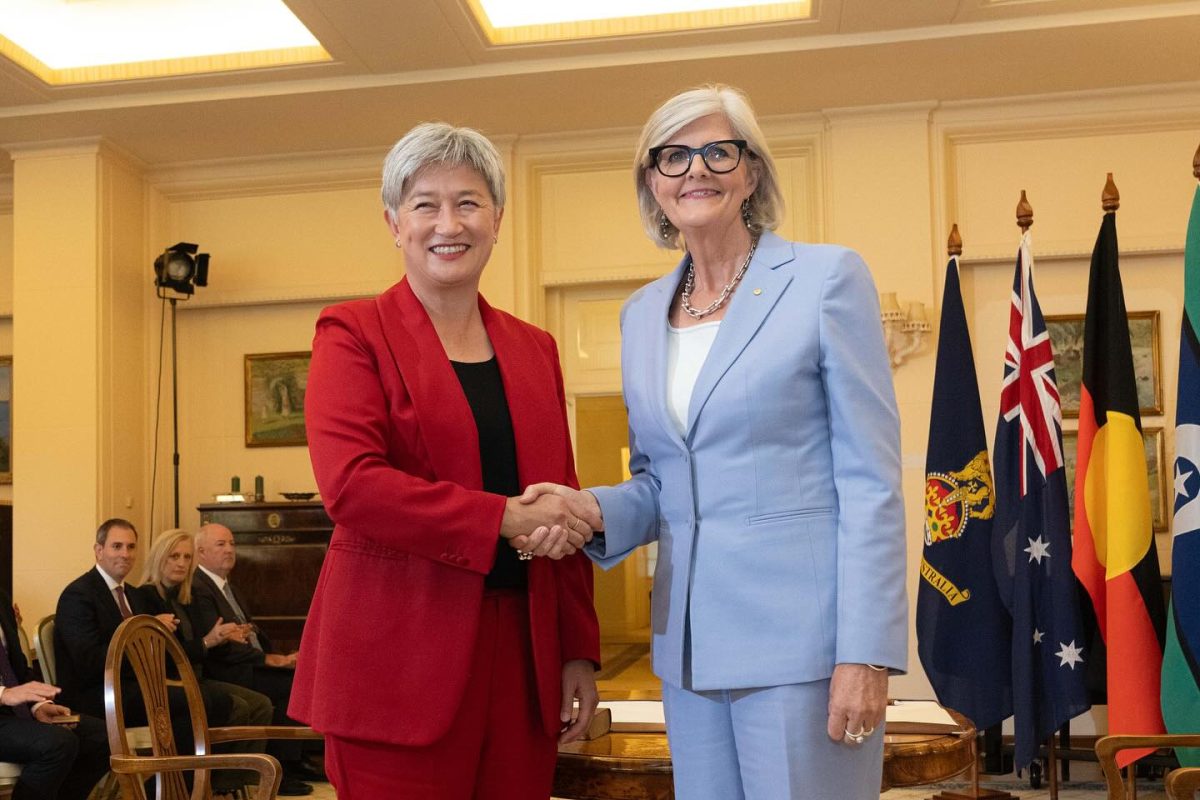
Reappointed to her role as Foreign Affairs Minister after the federal election, Penny Wong (left) has hit the ground running. Photo: Penny Wong, Facebook.
The Australian Government has expressed support for a Pandemic Agreement policy adopted by the World Health Organisation as part of a long-term post-COVID analysis of world reactions to the coronavirus outbreak.
The Department of Foreign Affairs has described the agreement as a “significant step” towards strengthening pandemic prevention, as well as preparedness and response.
Taking into account lessons learnt during the COVID-19 pandemic, the agreement supports collective action to address health threats. These measures include multi-sectoral disease surveillance and access to vaccines.
Australia served as the vice-chair of the Intergovernmental Negotiating Body for the Pandemic Agreement, representing the West Pacific.
“We need international cooperation on health to help keep Australia, our region, and the world safe,” Foreign Affairs Minister Penny Wong said.
”The adoption of the WHO Pandemic Agreement demonstrates the value of the international community working together to find solutions to shared global challenges.”
In early May, WHO member states agreed to a “global process to draft and negotiate a convention agreement or other international instrument under the Constitution of the World Health Organisation to strengthen pandemic prevention, preparedness and response”.
The agreement has been adopted by the World Health Assembly, but further steps remain to finalise details. Once the agreement is open for signature (not expected until at least mid-2026), Australia will begin the treaty-making process.
While the agreement will take some time to be drafted and formally adopted, it will help Australia and other regional players reduce pandemic risk and respond quickly.
“The next pandemic is not a matter of if, but when,” Minister for Health and Ageing, Minister for Disability and the NDIS Mark Butler said.
”We have a collective responsibility to protect public health in all of our countries. The adoption of the WHO Pandemic Agreement is an important step forward.”
The Department of Foreign Affairs emphasised that while collective action was a big part of the pandemic response, Australia would retain full sovereignty in public health policy to promote the interests of Australians.


